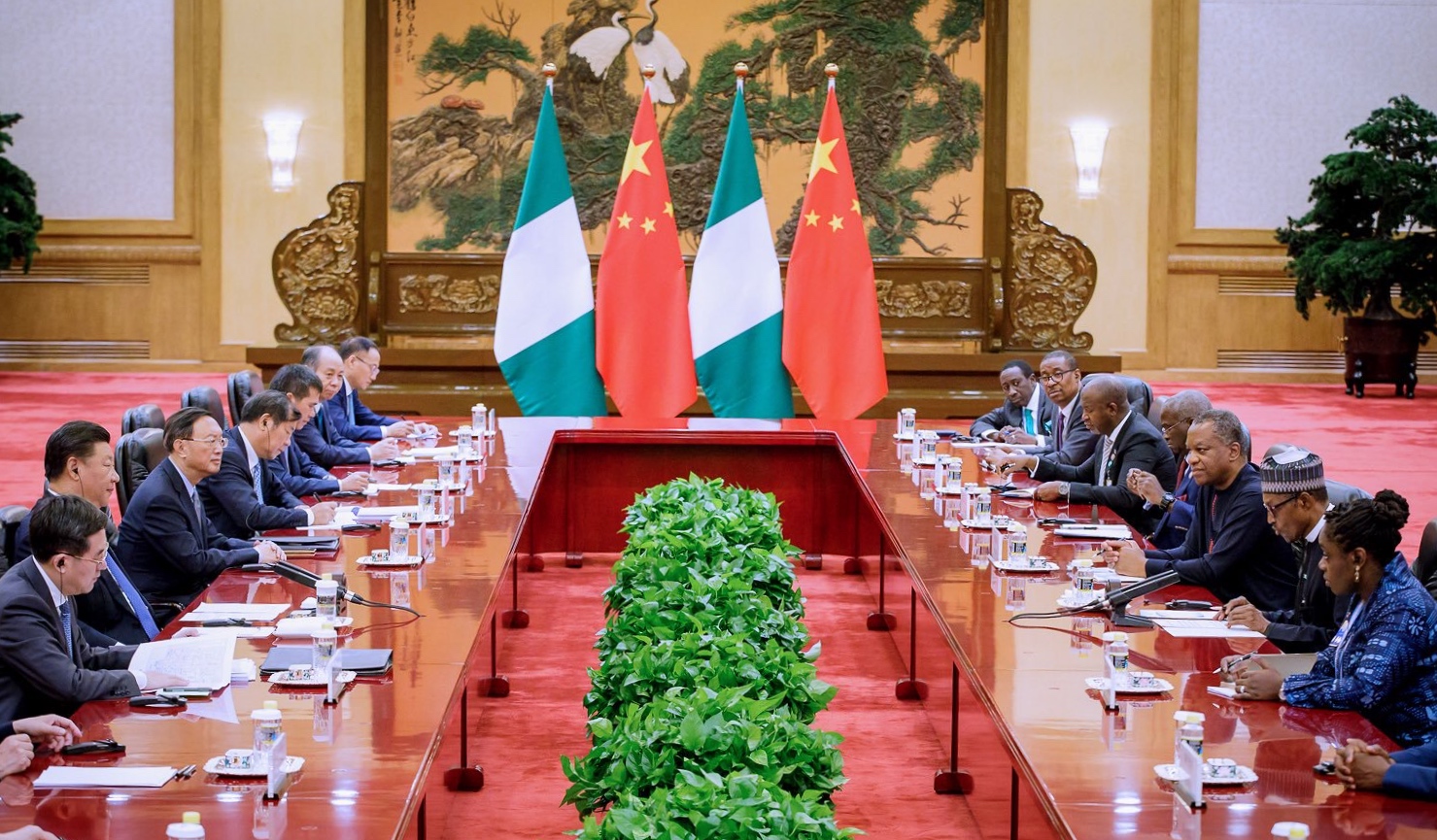The Debt Management Office (DMO) has declared that no Nigerian national asset was used as collateral for the solicitation of loans from China.
Patience Oniha, director-general of DMO, said this during an interview with the News Agency of Nigeria (NAN) on Saturday.
In recent times, both social and mainstream media have been awash with news about some African countries, including Nigeria, facing the threat of losing critical national assets to the Asian country owing to high-level indebtedness.
Reacting to the reports, Oniha said the loans from China to Nigeria were largely concessional, as no national asset was tagged as collateral.
She also disclosed that Chinese loans which presently stood at $3.59 billion constitutes only 9.4 percent of the Nigeria’s total foreign debt stock of $37.9 billion.
“Nigeria’s total debt stock as at Sept. 30 was 37.9 billion dollars, this figure comprised the external debt stock of the Federal Government, 36 state governments and the Federal Capital Territory,” Oniha was quoted as saying.
“But total loans from China stands at 3.59 billion dollars, which is 9.47 per cent of the total external debt. The loans did not require any national asset as collateral; they were largely concessional.”
Oniha asked Nigerians to always endeavour to verify sensitive information from official sources before disseminating it.
“Before any foreign loan is contracted, including the issuance of Eurobond, they are approved by the Federal Executive Council and thereafter, the National Assembly,” Oniha said.
“An important and extremely critical step is that the loan agreements are approved by the Federal Ministry of Justice.
“An opinion is issued by the Attorney-General of the Federation and Minister of Justice before the agreements are signed.
“Several measures which operate seamlessly have been put in place to ensure that data on debt are available and that debt is serviced as at when due. Provisions are made explicitly for debt service in the annual budgets.”













